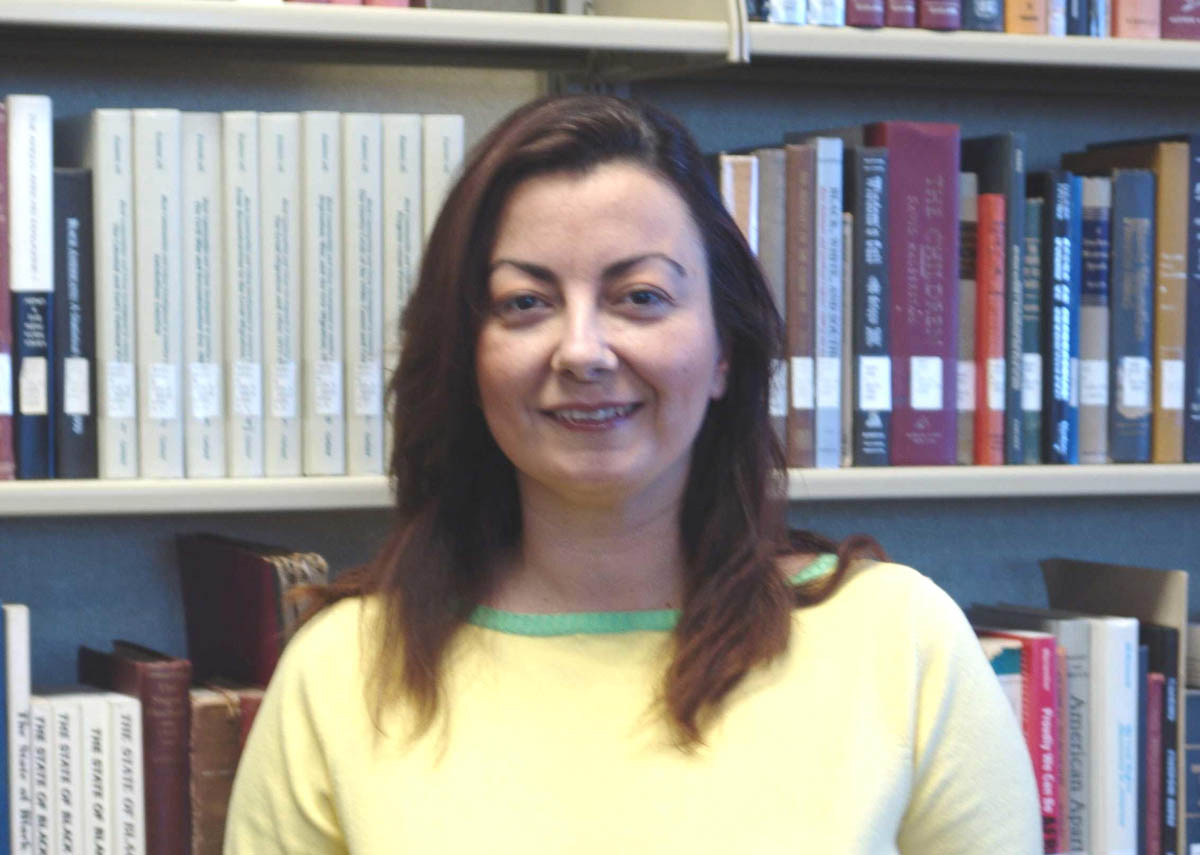|
 I
was born in Istanbul, Turkey at
1971. My love and passion for art
started when I was child. My father
was oil painting and my mother was
working on art subjects. I tried
different painting styles and still
like to paint in water colors and
oil paintings. I
was born in Istanbul, Turkey at
1971. My love and passion for art
started when I was child. My father
was oil painting and my mother was
working on art subjects. I tried
different painting styles and still
like to paint in water colors and
oil paintings.
While I was interested in
traditional arts, I have felt in
love with Ebru. Ebru has
personality, own dynamics, free will
and it needs patience, love. It took
2 years to find a master who likes
to teach without expecting anything
from me and also another 2 years to
paint together. I can not be
thankful enough to her.
|
|
Philosophy:
The Turkish marbling- Ebru is like
life, you have your free will to put
the colors on the water as you want
but there is also God's will in Ebru
like life, so you can not control
everything. What ever you create is
not only your free will's creation.
Every EBRU is unique. It is not
possible to make two of them same
maybe you can make them only look
like similar. Ebru is an art which
cannot be learnt by reading or
listening as all other ottoman Arts.
It is extremely difficult as regards
to its performance and effected by
various parameters which are outside
the control of a beginner.
Technique
Ebru
is an art which cannot be learnt by
reading or listening as all other
ottoman Arts. It is extremely
difficult as regards to its
performance and effected by various
parameters which are outside the
control of a beginner In order to
overcome all these difficulties and
guide the novice marbler (marble) to
understand what he/she is doing so
that technically perfect results are
achieved, the guidance of a master
is needed.
One of the most important
characteristics of our tradition is
the use of natural earth pigments
which belong to the chemical family
of metal-oxides and other natural
dyeing material all of which are not
chemically soluble in water Another
important characteristic of
traditional Turkish ebru is that the
papers used are never treated with
alum or anything else and the ebru
paper is stripped off the marbling
tray such that no unnecessary size
is left on the paper Marbling
results by the simultaneous
operation of many accurate balances.
Purity and application res must be
strictly observed.
The density of the gummed water and
the relationships between the water
and the dye, the dye and the
tensioning agent (gall), the
quantity of gall in the dye are all
very important. It may take some
time to establish such a delicate
balance. In Turkish marbling the
brushes used to apply the color are
always made from horse hair which
will hold a considerable amount of
pigment and not cling together; this
helps the artist to spread the color
with more control and homogeneity.
Marbling is the art of creating
colorful patterns by sprinkling and
brushing color pigments on a pan of
oily water and then transforming
this pattern to paper. The special
tools of the trade are brushes of
horsehair bound to straight rose
twigs, a deep tray made of unknotted
pinewood, natural earth pigments,
cattle gall and tragacanth. |